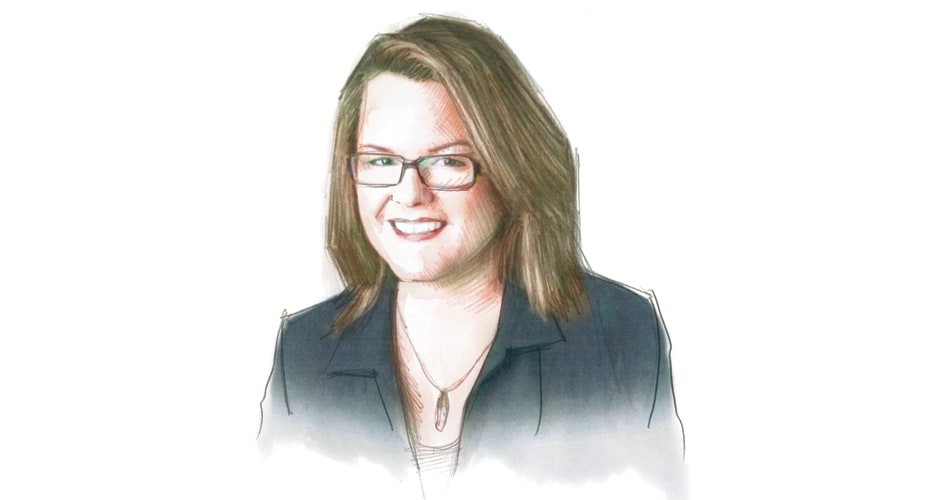
This is one of those articles where you might start reading, thinking that you’re going to get great answers to critical questions. Sorry to disappoint you… but I don’t have them. I think we are all in same boat right now, trying to find answers, trying to gather data and trying to solve big problems that we have never been faced with before.
Well, here are my two cents: foodservice is going to be forever changed, even though we don’t know how just yet. It’s going to impact every market segment we work in.
Some market segments seem to have remained strong throughout this pandemic, specifically for my firm this has been our government and healthcare work. Other markets have been completely thrown on their heads, like the hotel and restaurant and workplace segments. And some segments have seemed to be somewhere in between, like higher education and K-12. I recognize that this is just one consultant’s perception and it’s likely that it may vary for all of us. But how do we start to move forward and get back to normal?
Planning for changing technology
It seems to me that sizing models are going to be affected both in the short term and the long term. The moment I think I have a clear vision of what they might look like, it gets muddied again. In the short term, we are creating models that address back-to-work plans and decentralized foodservice that supports small working neighborhoods. In the long term, there will be bigger questions like how the on-site population percentages will change based on new work-from-home policies.
I believe technology will forever change foodservice design going forward. As it quickly changes, the ability of a design to adapt to the changing technology will distinguish one design from another. We are currently planning for roughly 10 different technology functions within most of our designs. I believe this will be the norm in the short term in order to match the length of construction schedules with the changing technologies. Eventually, a few technologies will rise above the others and create a new mainstream path.
I’ve heard some colleagues say that the pandemic will be the death of the salad bar. I hope not – I love a good salad bar. It will certainly affect it for a number of years. Going forward, I believe we will see many more flexible salad bars that are full-service with the ability to convert to self-service in the future.
Covid may not be the death of the salad bar, but it may certainly kill the (physical) menu. QR codes are the new menu. The few restaurants I’ve dined in make me think of all of the challenges ahead for menu engineering. We will adapt to find better ways to scroll and view menus. Perhaps it will even necessitate fewer menu options for customer convenience.
A more aligned relationship
Master planning will be critical to finding the right formulas for our clients. Partnerships that result in seamless foodservice consulting between design and management advisory services (MAS) consultants will be paramount. Foodservice consulting will not be the same. This pandemic will force a more aligned relationship between owners, operators, operations consultants and design consultants.
I would encourage all of us to support and help each other. I’m thoughtful that foodservice design as a profession will either have a great opportunity out of this or a great failure. We can, and will, rise to the occasion. It’s what we do best.
Laura Lentz FCSI




